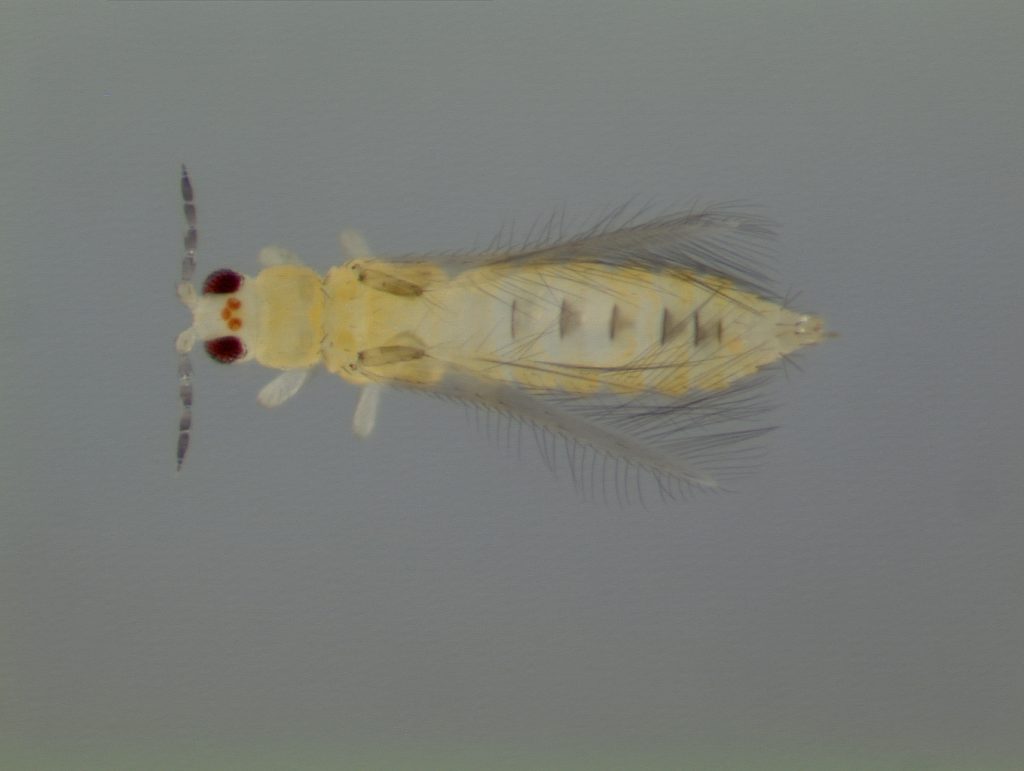By Clint Thompson

Sunny days are few and far between this summer for North Alabama vegetable and specialty crop producers. The persistent rainfall and cloudy weather have hindered production, says Eric Schavey, Regional Extension agent in Northeast Alabama.
“The impact is we’re not able to get in the field to spray. That’s been our main issue,” Schavey said. “I’m seeing some bacterial wilt, which is vectored by cucumber beetles and everything. We’re seeing that because we’re not able to get our preventative sprays out. I think watermelons are really going to suffer from it, especially some of our older varieties, like your jubilees that don’t have a lot of tolerance to verticillium wilt.
“We need some sunny days. We get just enough time in between them to let the water go down, and it starts to dry out and we get more rain.”
Thrips are problematic on the region’s tomato crop.

“We’ve seen some thrips this year on our first plantings. Second plantings were not so bad, but I suspect our third plantings are probably going to see some thrip damage just because we can’t get in the fields to get those preventative sprays out,” Schavey said.
“They vector the mosaic virus. If they get past that, if they bite the fruit, they cause a gold flaking on the fruit where the sugars and everything kind of kill those cells and they get a gold flaky. The inspectors, though there’s nothing wrong with the tomato, will turn it down because you’re buying from Wal-Mart or Publix, you don’t want to put that on the shelf because people buy with their eyes.”









